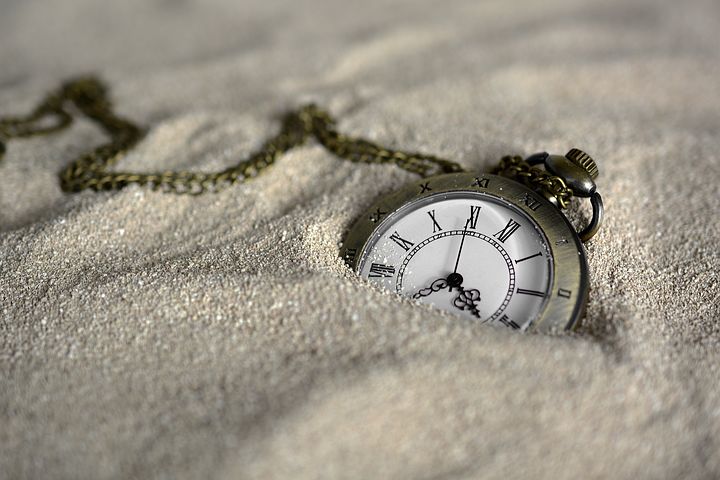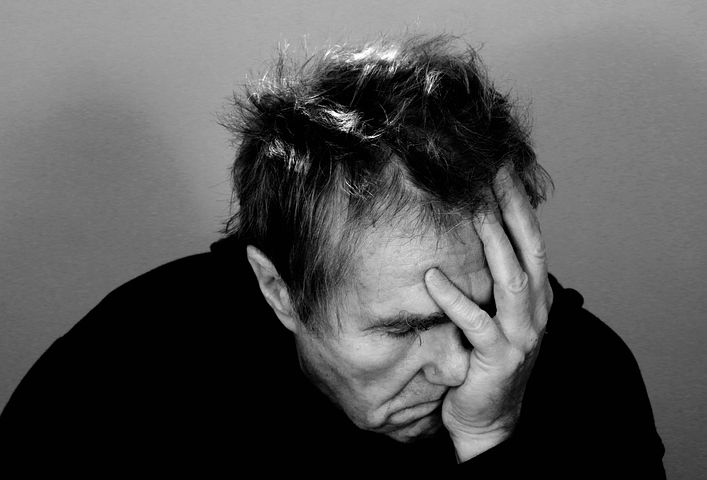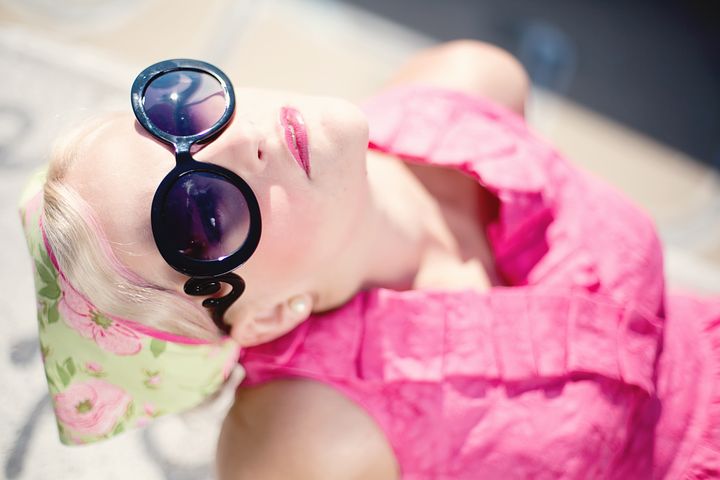All the ways sunshine sparing time screws with you
Just a limited band of individuals are extremely that influenced by sunlight sparing. However, gosh damn it, we will whine about it noisily consistently.
The yearly change to sunshine sparing time (SST) is the hour that propelled a thousand irate articles. What's more, truly, this is one of only a handful couple of occasions that really warrants them. SST, notwithstanding not really being developed by America's most loved establishing father Benjamin Franklin, is generally a horrible thought. It has a few starting points, two of which can be followed back to doddering old white fellows whose restful lives implied they were gathering bugs and hitting the fairway at night. They didn't comprehend why more individuals weren't valuing the out-of-entryways, thus presented moving the light hours, fundamentally keeping in mind the end goal to fit their own every day schedules.
SST in the end increased broad interest (on the off chance that you can truly call it that) in 1916, when it was a helpful method to preserve wartime coal—having more light hours at night implied individuals utilized less vitality warming their homes. In the following couple of years, numerous different nations stuck to this same pattern.

Image source
Most nations in Asia, Africa still don't take after SST, and numerous countries in the furthest north of the world don't trouble—their sunlight hours move such a great amount throughout a year that it's not justified, despite any potential benefits.
The entire thing began as an approach to spare vitality, yet it's for the most part stuck around (at any rate in the U.S.) on the grounds that brandishing products makers and retail locations campaign for it. Americans go out, play more games, and purchase more stuff when there are more sunshine hours after school and work.
Truth be told, thinks about recommend we don't generally spare vitality with SST any longer—in the event that we do, it's by an edge of short of what one percent. We likewise now realize that the sudden move in our interior timekeepers gives every one of us sorts of medical problems in the days following. Our bodies change profoundly finished the course of a day in view of how much light we see and how much rest we get. Indeed, even a hour's work day in rest time and light hours botches everything marginally. At the point when that impact is shared over the billion-or-so individuals who need to figure with SST, you can locate some quite charming relationships.
- All the more savage auto accidents

Image source
The single hour of lost rest in the change to SST builds the deadly crash rate in the U.S. by an ascertained 5.4 to 7.6 percent for an entire six days following the change. By one specialist's gauge, that is 302 more passings more than ten years.
Expanded working environment wounds

Image source
Lack of sleep just builds the rate of working environment wounds by 5.7 percent on the Monday after the switch. However, the genuine impact is in days of work lost to those wounds: 2,649 altogether, for an expansion in 67.6 percent. In the fall, when we get a reward hour of rest as opposed to losing close eye, there's no known damage increment.Securities exchanges do marginally more terrible
Each one of those most likely as of now restless and-now-significantly more-so merchants on the floor of the New York Stock Trade perform marginally more terrible on the Monday after SST. NASDAQ closes, by and large, around 0.3 focuses lower. It's significant that there's really a plunge on each Monday, all things considered, however it's littler. Everybody's slightest most loved weekday frequently closes 0.1 focuses lower than other exchanging days.
- More heart assaults

Image source
Upsetting your rest cycle disturbs your autonomic sensory system. You make somewhat more proinflammatory atoms and you're more focused on in general. This all signifies a 24 percent expansion in heart assaults on the Monday after SST becomes effective. One investigation likewise found that the fall change, in which we get a hour a greater amount of rest, created a 21 percent diminish in heart assaults on the Tuesday after.
- Legitimate sentences are longer
Like judges who are ravenous, restless lawful personalities have a tendency to be harsher on their respondents. Sentences are an exceptionally slight 5 percent longer when passed on the day after SST.
- More unnatural birth cycles for ladies doing IVF

Image source
In the weeks following the move to SST, more ladies experiencing in vitro preparation have premature deliveries. The investigation that found the distinction—which generally remained constant for the individuals who had a past unnatural birth cycle—was little, however analysts figure the impact of upsetting circadian rhythms changes fruitfulness a bit. It's uncertain whether that is on the grounds that pressure and lack of sleep change ripeness specifically, or on account of some hormonal change from moving rest cycles.
Be that as it may, ON THE Brilliant SIDE...
In spite of the fact that you need to wake up in a somewhat darker world, the upside to SST is that you get more sunshine at night. What's more, those valuable minutes in the daylight after work and school have a constructive outcome.Expanded open air time (and less television)

Image source
Americans spend, by and large, around two hours daily sitting in front of the TV and not as much as thirty minutes outside. By taking a gander at information from the American Time Utilize Study, specialists evaluated that SST shifts those propensities a bit. Obviously the climate is getting hotter, yet you can see a prompt move (not progressive, similar to you'd anticipate from developing climate). We spend an entire 30 minutes more outside doing "recreational exercises," and a more unobtrusive 9 less minutes sitting in front of the television. Clearly nothing can keep us from our stories.Less wrongdoing
Sunlight avoids wrongdoing for the exceptionally straightforward reason that most lawbreakers would prefer not to be seen. Obscurity gives a cover. Thus when we move the sunshine hours marginally later, we see a 7 percent diminish in burglaries by and large. That is not a considerable measure, but rather it's more articulated—around 20 percent—amid night hours, since a lot of thefts still happen amidst the day and are unaffected by SST.

Wow amazing, i actually spend a lot of time watching the TV: I must concur to this, it affects me during the day; This is one of the best post i've seen today. Thanks for sharing
Nice love your layouts and writeup, interesting